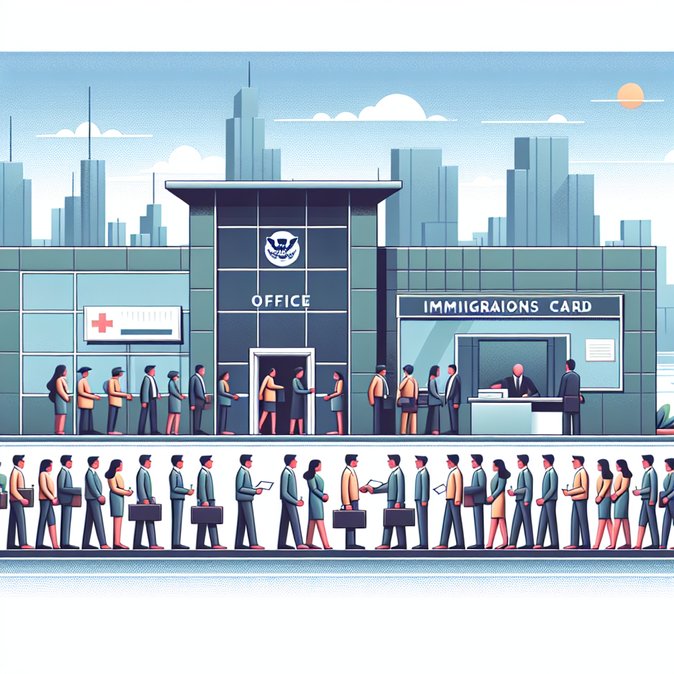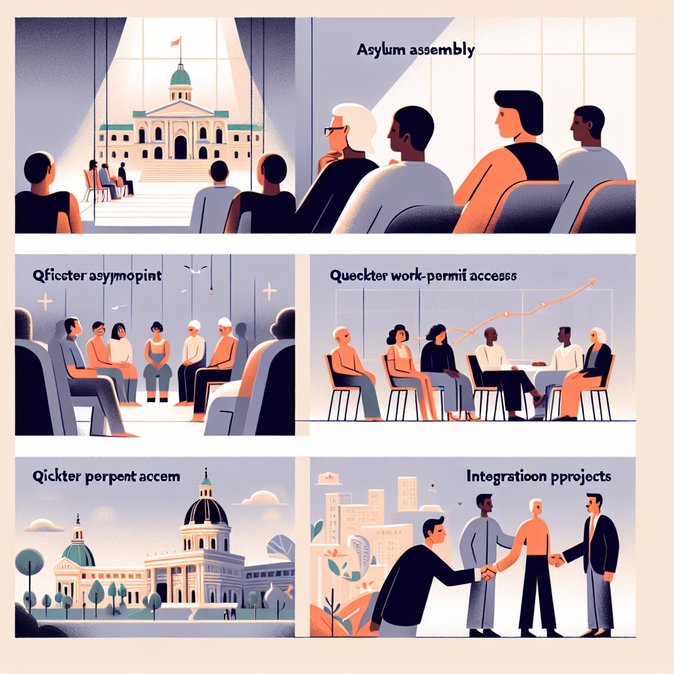
From 6 to 8 November, Dortmund hosted VisionItaly 2025, a tri-day forum that celebrated the 70th anniversary of the 1955 Italo-German recruitment treaty and examined the future of circular talent flows between the two economies. Organised by the Com.It.Es. and the Consiglio Generale degli Italiani all’Estero (CGIE), the event drew diplomats, scientists and business executives who explored topics ranging from dual-citizenship reform to start-up visas.
Keynotes from the Italian Embassy in Berlin highlighted that over 830,000 Italians are now officially registered in Germany – a 12 percent rise since 2018 – with concentrations in engineering hubs such as Bavaria and North Rhine-Westphalia. Panelists argued that tax incentives under Italy’s “rientro cervelli” regime should be extended beyond five years to lure back highly qualified professionals.
![Italian diaspora leaders gather in Dortmund to mark 70 years of the Italo-German labour accord]()
A workshop on consular services underscored chronic appointment shortages for passport renewals at Frankfurt and Munich consulates. CGIE proposed a single national portal to coordinate bookings, mirroring Britain’s GOV.UK model, and pledged to deliver a feasibility study to the foreign ministry by February 2026.
For employers the practical takeaway was the growing importance of recognising cross-border pension and social-security contributions. Several SMEs complained that fragmented bilateral agreements make it hard to detatch engineers temporarily without triggering double contributions. Officials hinted that a new Italo-German protocol, to be negotiated in 2026, could streamline portable benefits.
The forum closed with a symbolic hand-over of a 1955 worker contract to a group of second-generation entrepreneurs, underscoring the shift from low-skilled migration to high-skill mobility. Companies with operations in both markets should watch the ensuing policy proposals, which could ease posting of workers and accelerate citizenship paths for long-term residents.
Keynotes from the Italian Embassy in Berlin highlighted that over 830,000 Italians are now officially registered in Germany – a 12 percent rise since 2018 – with concentrations in engineering hubs such as Bavaria and North Rhine-Westphalia. Panelists argued that tax incentives under Italy’s “rientro cervelli” regime should be extended beyond five years to lure back highly qualified professionals.

A workshop on consular services underscored chronic appointment shortages for passport renewals at Frankfurt and Munich consulates. CGIE proposed a single national portal to coordinate bookings, mirroring Britain’s GOV.UK model, and pledged to deliver a feasibility study to the foreign ministry by February 2026.
For employers the practical takeaway was the growing importance of recognising cross-border pension and social-security contributions. Several SMEs complained that fragmented bilateral agreements make it hard to detatch engineers temporarily without triggering double contributions. Officials hinted that a new Italo-German protocol, to be negotiated in 2026, could streamline portable benefits.
The forum closed with a symbolic hand-over of a 1955 worker contract to a group of second-generation entrepreneurs, underscoring the shift from low-skilled migration to high-skill mobility. Companies with operations in both markets should watch the ensuing policy proposals, which could ease posting of workers and accelerate citizenship paths for long-term residents.


